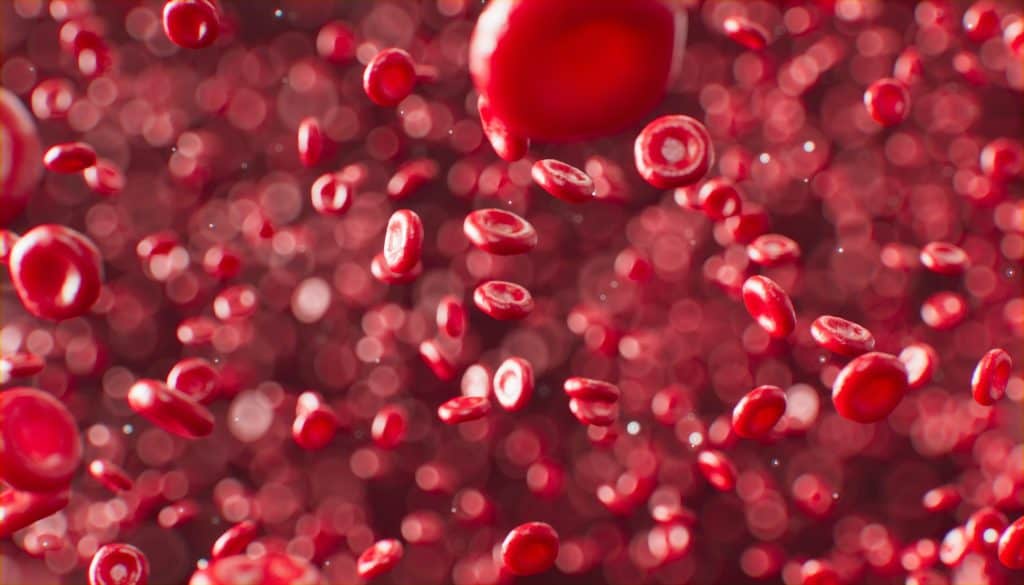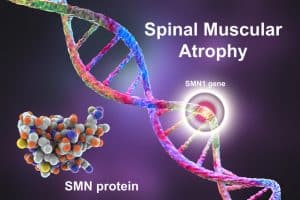
Rocket Pharmaceuticals granted FDA RMAT designation for gene therapy
James Spargo | May 24, 2023 | News story | Medical Communications | FDA, Haematology, RMAT, Rocket Pharmaceuticals, gene therapy
Rocket Pharmaceuticals, a US-based biotechnology company, has announced that it has received US Food and Drug Administration (FDA) Regenerative Medicine Advanced Therapy (RMAT) designation for its gene therapy RP-L301, used to treat Pyruvate Kinase Deficiency (PKD).
PKD is a rare blood disorder which is characterised by severe anaemia and excessive red blood cell breakdown. It is caused by a mutation in the pyruvate kinase-encoding (PKLR) gene. RP-L301 is a lentiviral-based gene therapy comprising of autologous haematopoietic stem cells (HSCs) which are genetically modified to contain a functional copy of the PKLR gene.
Previously, RP-L301 has been awarded Fast Track and Orphan Drug designation (ODD). The RMAT was given based on data from the ongoing phase 1 trial, which demonstrated robust and sustained efficacy in both of the adult patients enrolled up to 30 months post-infusion. This positive data was highlighted by normalised haemoglobin (from baseline levels in the 7.0-7.5 g/dL range), improved haemolysis parameters, red blood cell transfusion independence and improved quality of life, documented through formal assessments.
Kinnari Patel PharmD MBA, president and chief operating officer at Rocket Pharma, commented: “Receiving RMAT designation from the FDA for RP-L301 is a major achievement in our pursuit to bring the first, potentially curative gene therapy treatment to patients living with PKD who have high unmet need. Notably, PKD has an estimated prevalence of up to 8,000 patients in the US and Europe, and represents one of the most significant patient opportunities in our LV haematology portfolio. Further, all four Rocket-sponsored programmes with clinical data now have received RMAT designation from the FDA across both platforms; a unique showcase of our team’s ability both to select appropriate targets and develop gene therapies for them. Results from the RP-L301 programme demonstrate robust efficacy in both adult patients for up to 30 months with a highly favourable safety profile and were recently presented at ASGCT. The first paediatric patient has shown promising initial results similar to the adults and enrolment has been completed in the phase 1 study. We look forward to initiating the phase 2 pivotal trial in the fourth quarter of 2023 as we continue to advance our world-class pipeline for patients facing such rare and devastating diseases.”
James Spargo
Related Content

Rare diseases – spinal muscular atrophy
Spinal muscular atrophy (SMA) is a rare disease characterised by voluntary muscle weakness that can …

Five Facts about spinal muscular atrophy
1 Spinal muscular atrophy (SMA) is a genetic disease involving the loss of motor neurons …

MRM Health’s ulcerative colitis treatment receives FDA Investigational New Drug clearance
Microbial Resource Management (MRM) Health has announced that its lead programme, MH002, has received Investigational …






